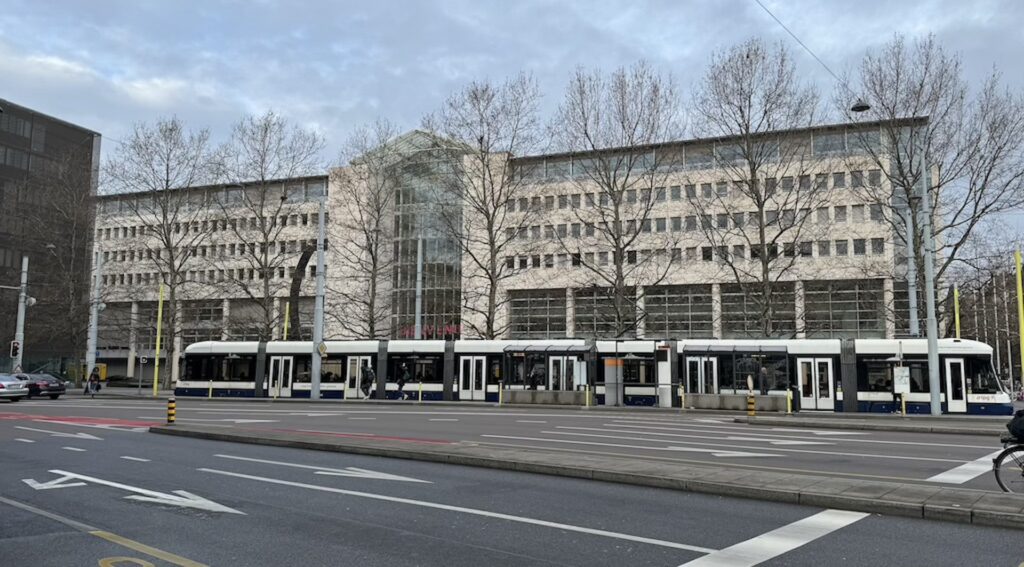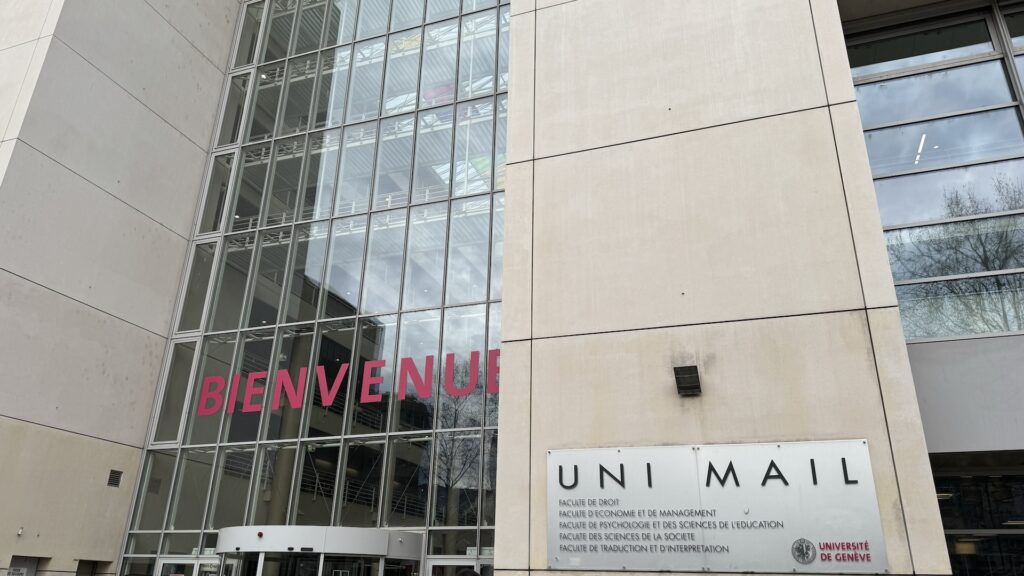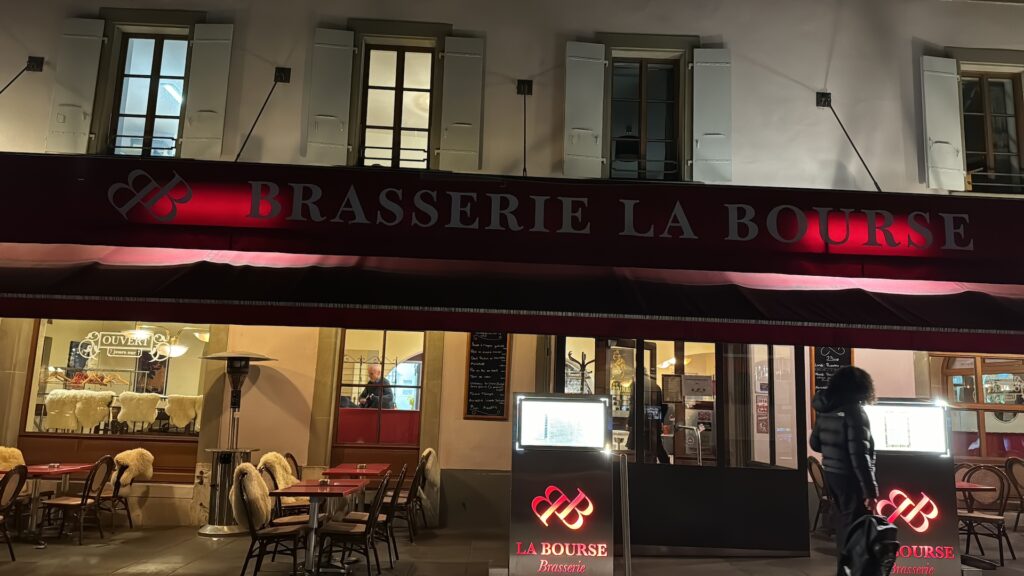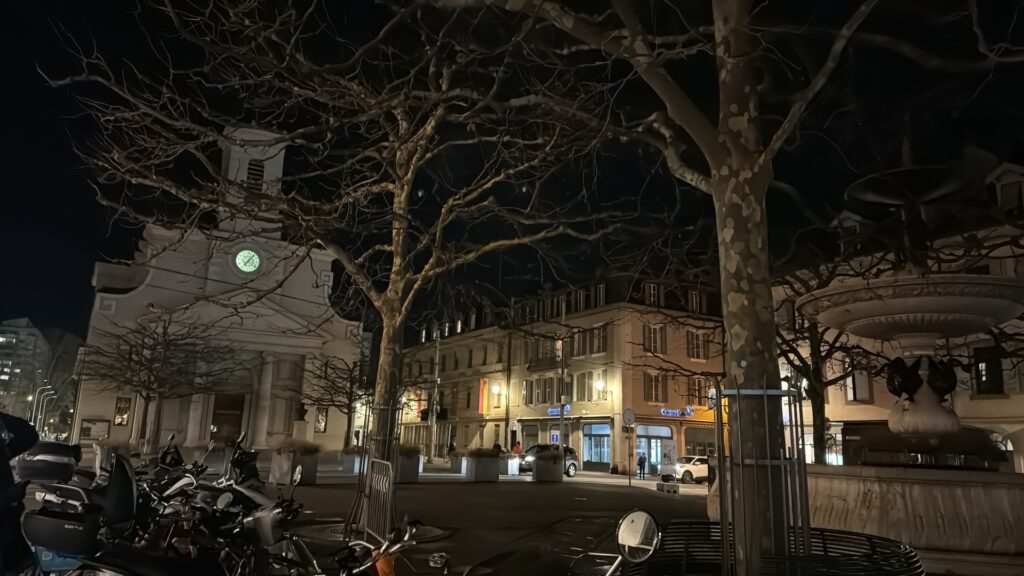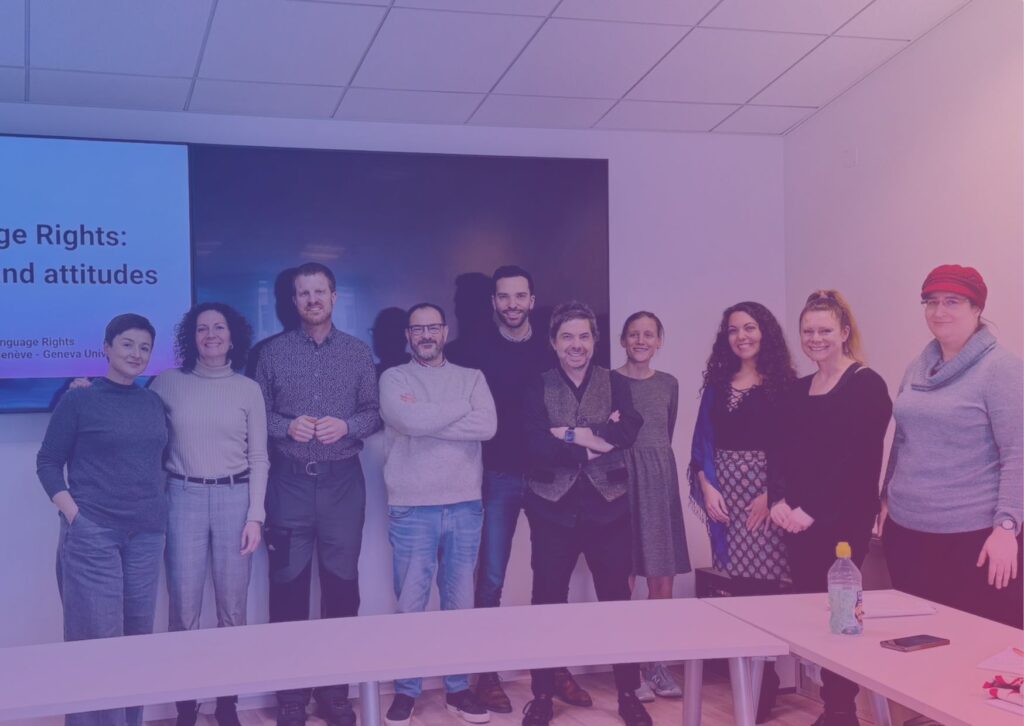“If you were to create a framework explaining public perceptions and attitudes on language rights in the context of the rapidly evolving AI technology and human-machine interaction, what would be the components?”
The Working Group 3 Language Rights met in Geneva, on February 12-13th, 2024, for its yearly workshop. The workshop was hosted by the Interpreting Department within the Faculty of Translation and Interpreting (FTI), University of Geneva.
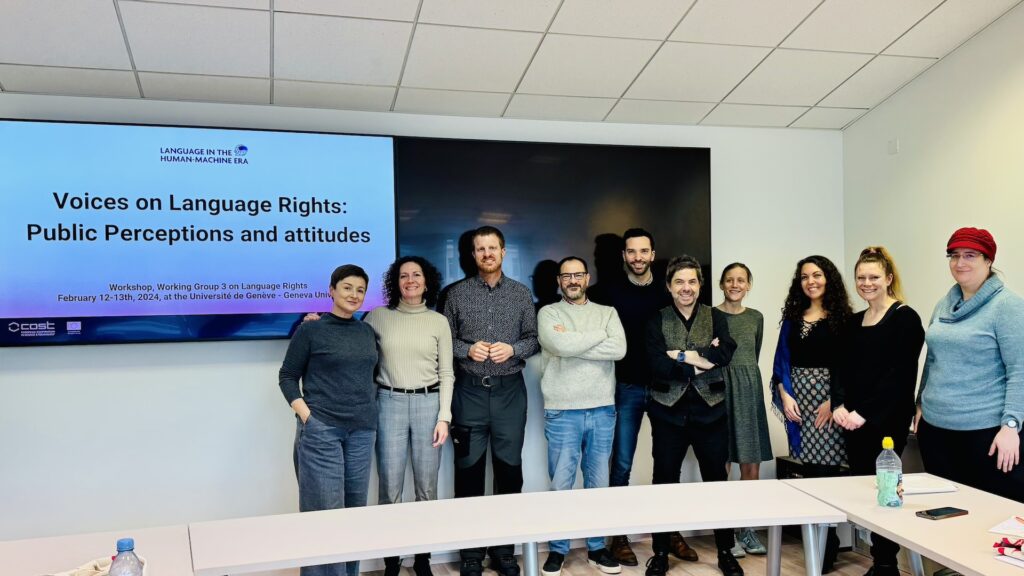
The event constituted an insightful exploration of perceptions and attitudes towards language rights in our rapidly evolving AI driven digital world. Participants were encouraged to consider the following:
- Identifying appropriate tools and techniques for analysing and interpreting collected data.
- Exploring options for utilising the workshop’s results, such as presenting preliminary findings during conferences or collaborative publications.
- Incorporating ideas surrounding DigiJust, Accessibility, Plurality, Culture, and linguistic diversity into future research endeavours, with a focus on breaking simplicity and addressing duality and ambiguity in language rights in the human-machine era.
- Consider the core principles of language rights and technology
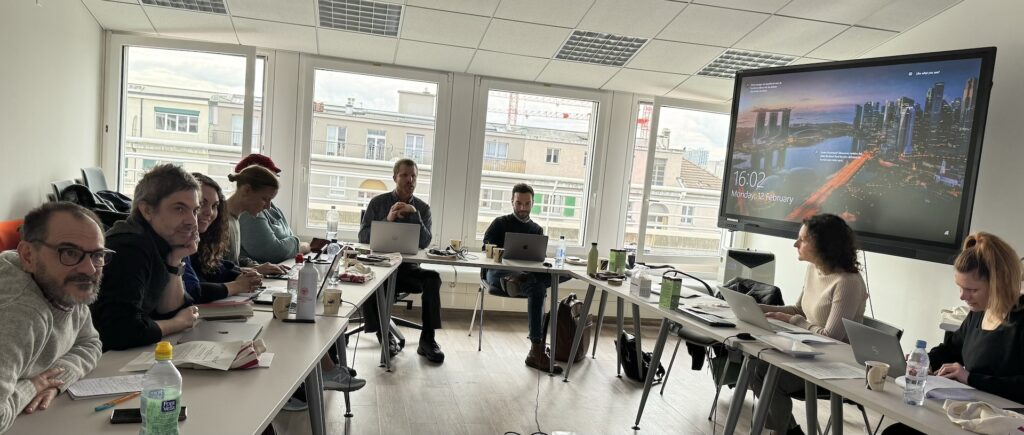
Day one of the workshop kicked off with participants sharing their experiences and research interests. A lively group discussion followed. It fostered rich exchanges that focused on key points from each presentation. Participants then engaged in a brainstorming session. They explored components of a framework aimed at understanding public perceptions and attitudes towards language rights within evolving technology and human-machine interaction. Through collaborative effort, the WG 3 Workshop participants combined their individual insights to structure the framework (Version 1.0).
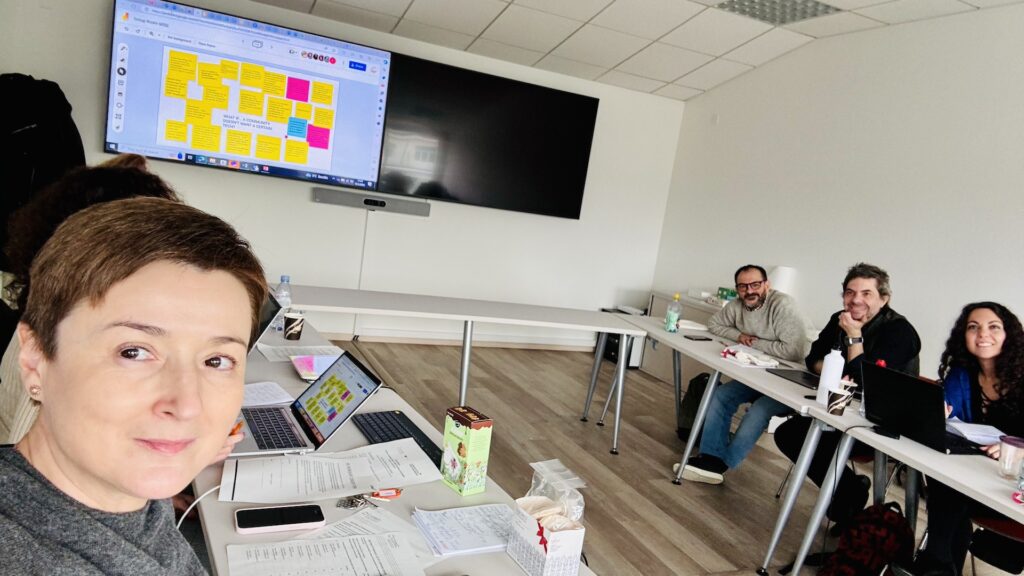
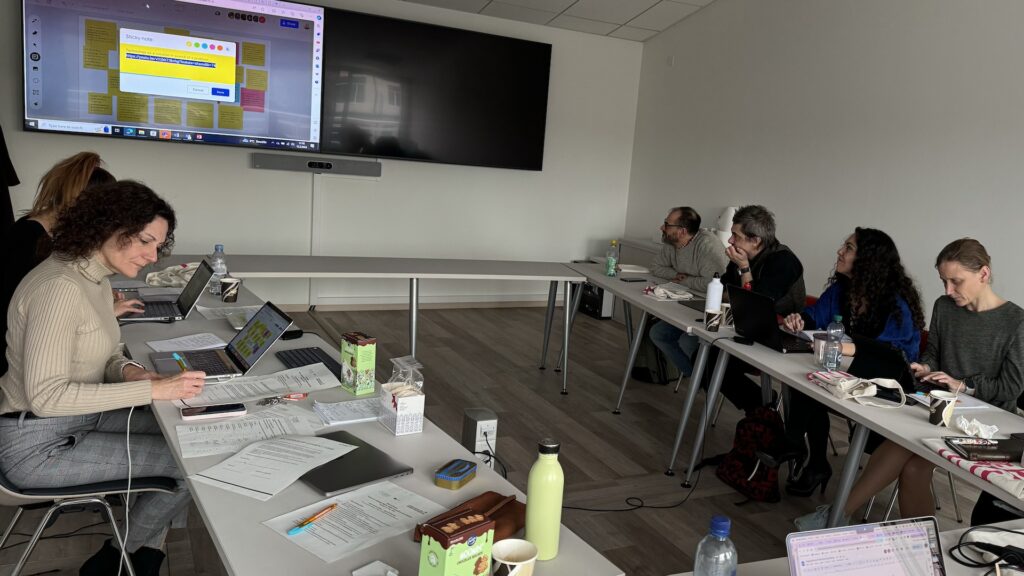
After intensive lunch discussions at a local Peruvian restaurant, smaller groups were formed to critically evaluate the framework development. Participants delved into brainstorming potential studies and methods to test, validate, and expand upon the framework. The day broke at the climax of thematic complexity. The framework was set aside to incubate overnight whilst the participants enjoyed a traditional Swiss fondue.
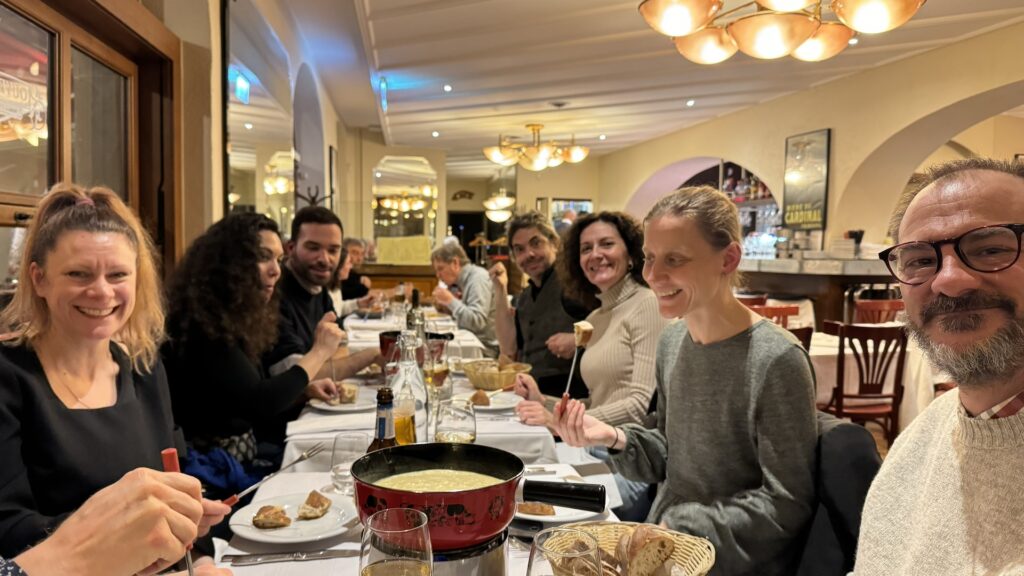
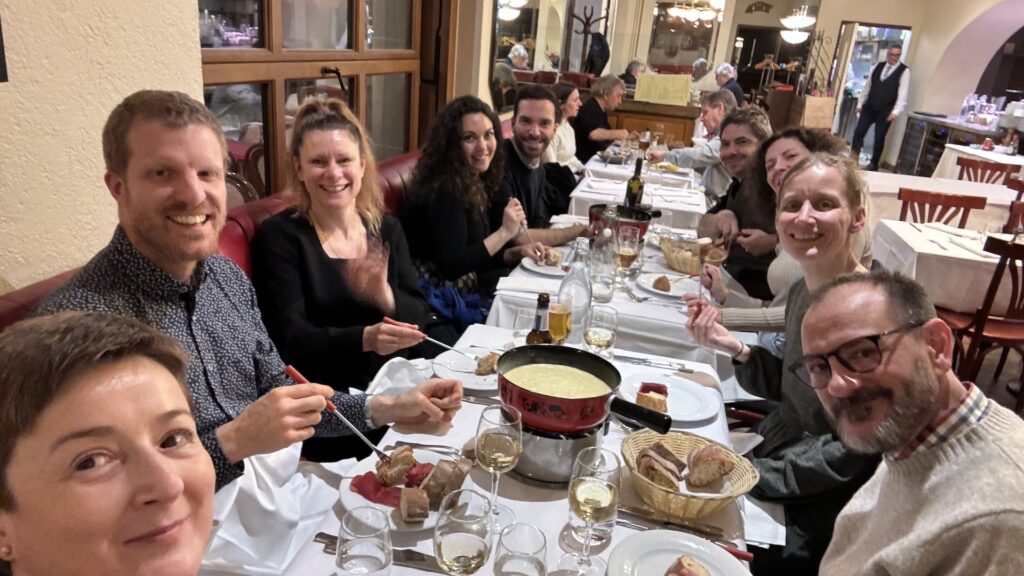
Rather than diving straight back into the framework, day two shifted gear towards proactive socio-technical solutions. It comprised a formulation of equitable language-technology principles, from the perspectives of: communities, researchers, and technology developers. Three groups were formed and each was allocated one of these themes. The outlining of potential core principles (inspired by the FAIR AI principles) for the respective areas spurred intense discussions on overlaps and particularities.
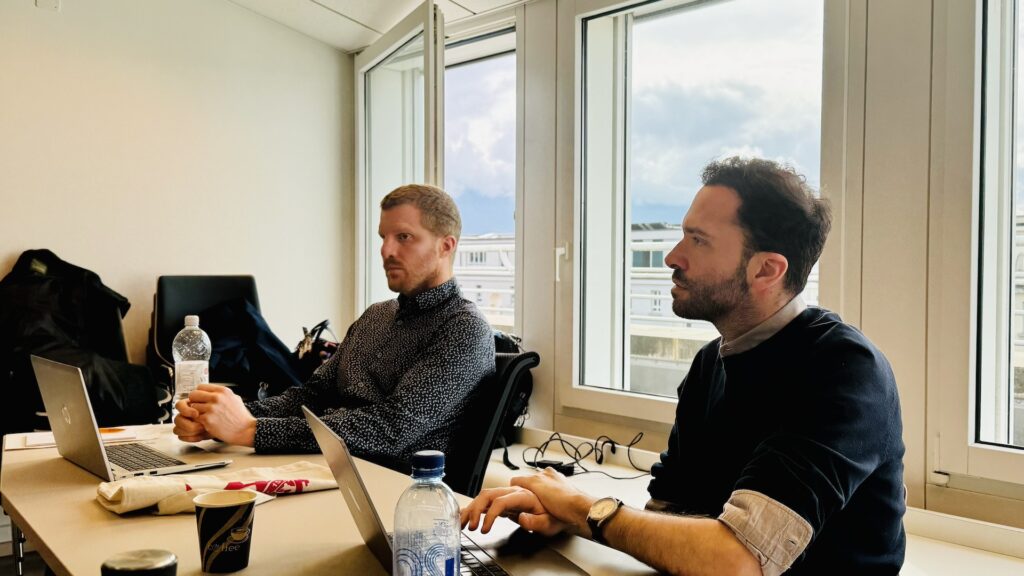
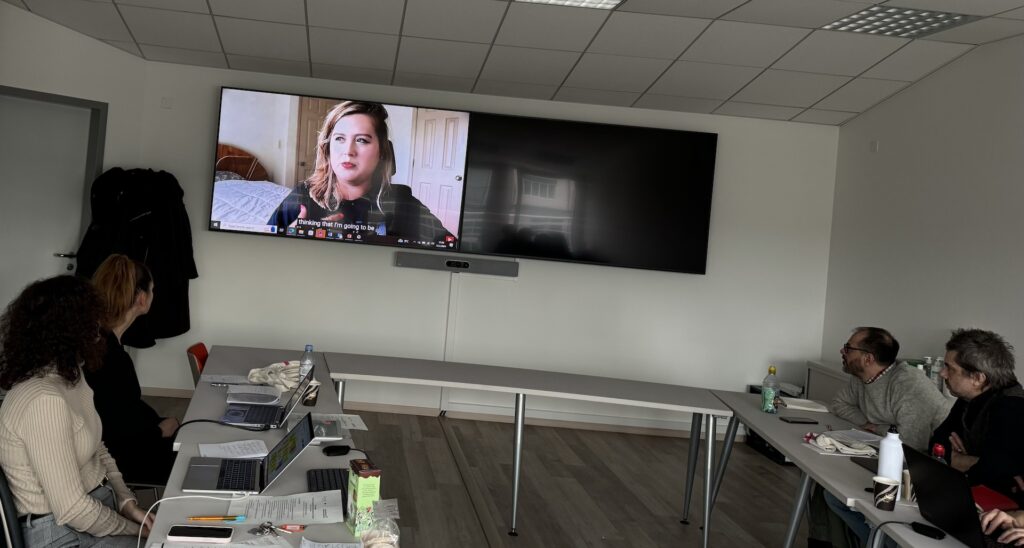
Later on, a new realisation emerged. For language rights to effectively navigate technological challenges, they require a four-wheel-drive approach. This fourth wheel represents the role of policymakers in establishing and upholding principles that ensure inclusivity and equity within the development and deployment of language technologies.
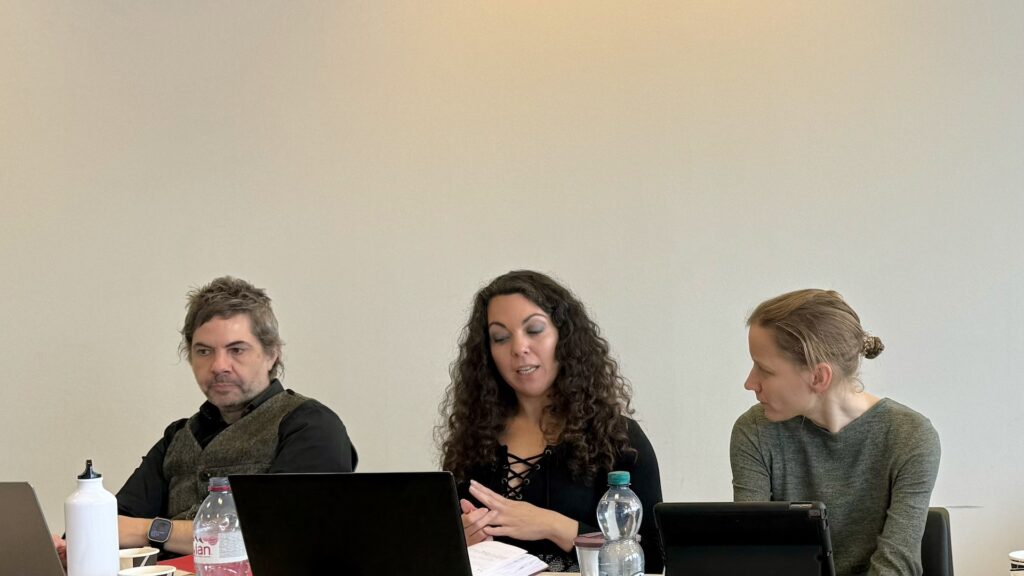
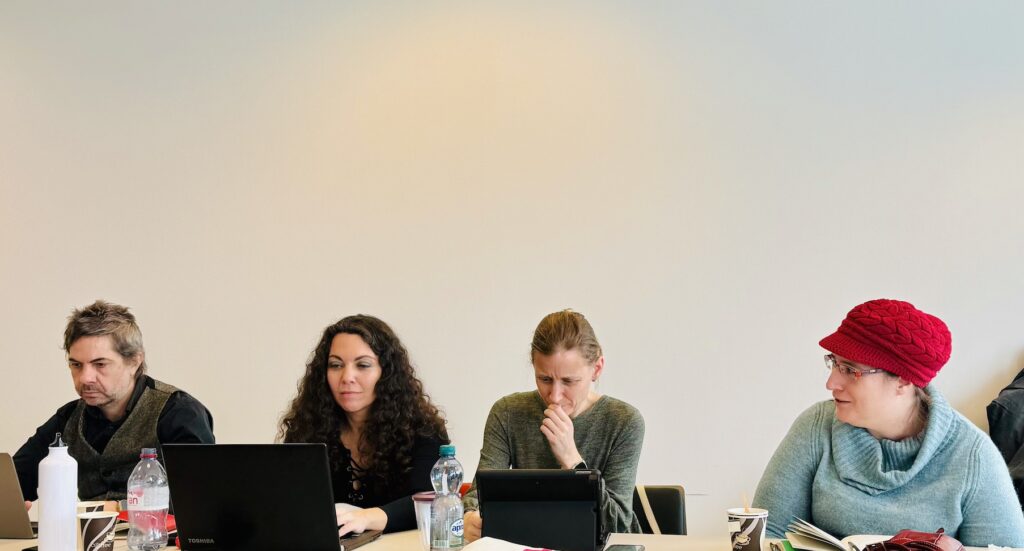
Further discussions revolved around identifying gaps in existing research and brainstorming strategies to effectively address them. This, combined with the previous framework development, provided a platform for robust discussions, collaborative problem-solving, and strategic planning. As a result the workshop developed into groundwork for future research, publications and projects in the field of language rights.
Yet, the productivity did not end here. In a whole group discussion session, participants isolated core themes from the emerging trends identified, allowing for a comprehensive understanding of the key issues at hand. The workshop concluded with closing remarks, summarising the key insights gained and expressing gratitude to participants for their contributions.
To read the detailed results of FAIRAI principles V1.0, please click here
Angela Soltan, Rebekah Rousi, Lucia Ruiz Rosendo
